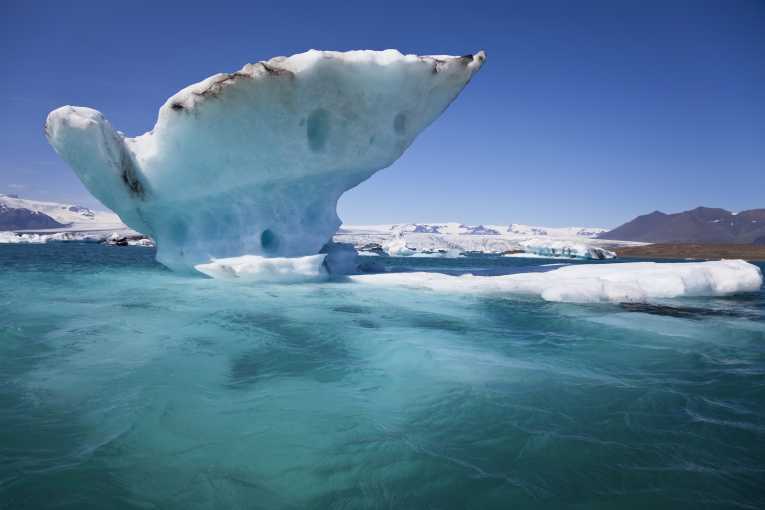The intricate dependencies of the climate system have been thrown into sharp relief by new research into an ancient megadrought, experienced across Africa and Asia some 16,000 years ago. This event turned East Africa's vast lakes into salt-pans, and mighty river courses, such as the Nile and Congo, into trickles.
Now a study into the soft sediments of lakes across Africa, led by scientists from New York's Paul Smith's College, has cast new light into how massive melting of sea and glacial ice, in the northern latitudes, may have affected the monsoon season thousands of miles away. And it appears that it was fatally weakened.
The so-called H1 megadrought has long been linked to one of a series of dramatic climate markers, known as Heinrich events, evidenced in North Atlantic sediments. Ocean sediment samples indicate that glacial sediments, rafted from North America ice-sheets, were dumped far across the Atlantic. Palaeoclimate scientists interpret these as resulting from the collapse of bulwark ice-shelves, which allowed the rapid outpouring of glacial ice from the continent. These mass streams of icebergs in turn cause a major freshening of the North Atlantic's waters.
It is the effect of these melt-waters, in the weakening of the North Atlantic Deep Water current, that may have driven major regional climate change across the globe - including the monsoon areas of Africa and Asia. Previous studies have shown that the monsoon rains at the time of the H1 event reduced significantly at mid-latitudes.
This could have been from a southward drift of the monsoon. So this new study, published in Science, was looking for evidence of the climate signal in the lake sediment cores of those tropical areas further south - and they found that the effects of the mega-drought extended there too.
The lead scientist of the paper, Curt Stager, said ''If southward drift were the only cause we'd have found evidence of wetting farther south. But the megadrought hit equatorial and southeastern Africa as well, so the rain belt didn't just move - it also weakened.'' The effects were profound, with lakes from Africa's Lake Victoria to Lake Van in Turkey drying out completely, and the monsoon failing as far east as China.
That may have lessons for us now. With modern Greenland glaciers showing worrying signs of accelerating seawards, as their shelf-ice fronts start to collapse, this study reinforces the potential wide-ranging effects of Arctic warming across the globe.










